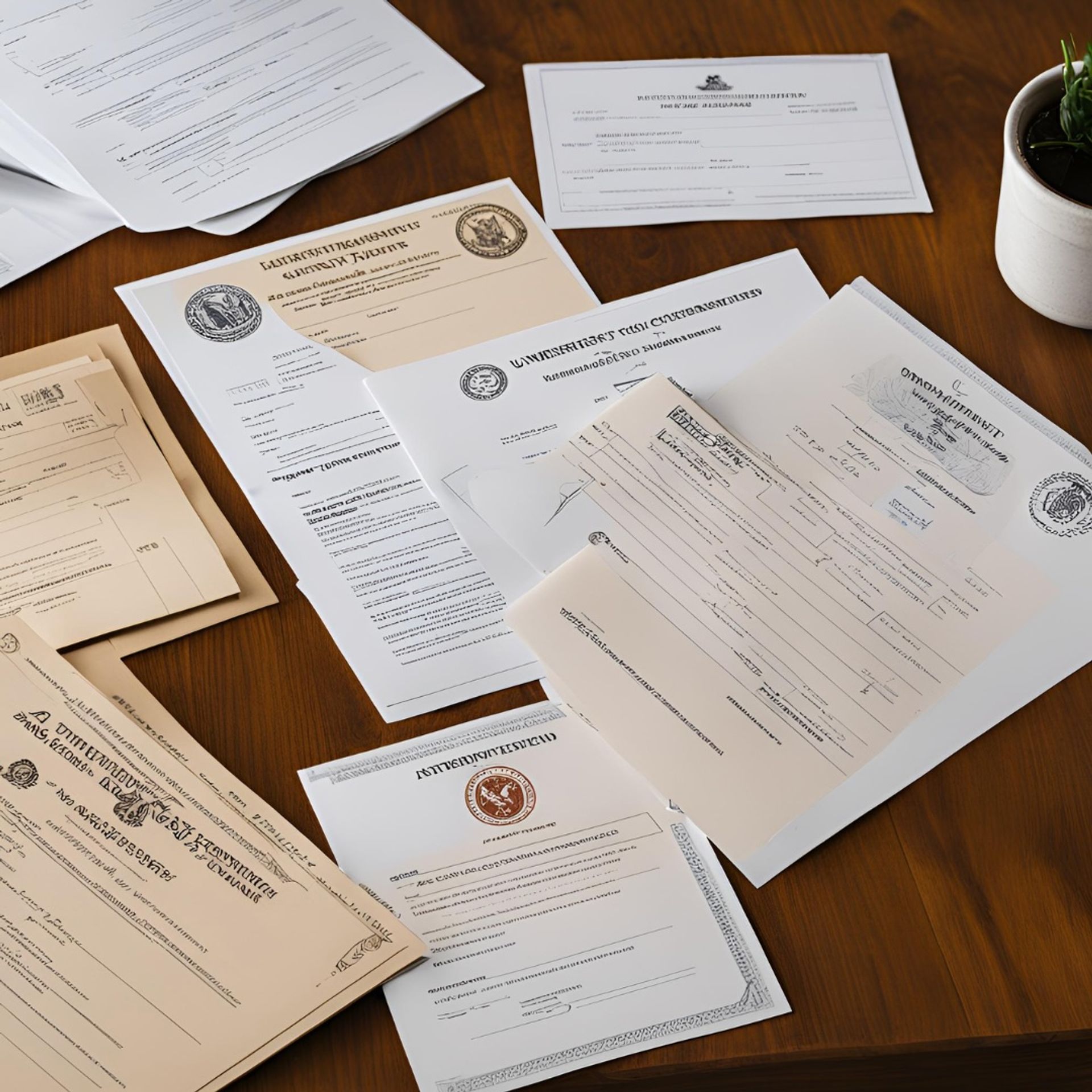
Written by Ravindu
13 Nov 2024
It’s that time of year again—application season! If you’re dreaming of studying in Sweden, now’s the perfect moment to get your application documents ready and start planning your academic adventure. The Swedish university application process is streamlined, but it comes with its own set of rules that you’ll need to follow closely. This guide will walk you through what you need to know to ensure your application hits all the right notes.
The Basics: Start with the Program-Specific Requirements
First things first: while you apply through the common portal, universityadmissions.se, each university has its own unique set of rules for what you need to submit. Before you get cozy with your scanner and start digitizing every paper you own, double-check the specific requirements for your chosen programs. Some details may vary significantly between universities, such as required supplementary documents or formats.
Don’t Forget Country-Specific Instructions
If you’re applying from outside Sweden, bear in mind that each country has its own quirks and requirements for supporting documents. Trust me, the last thing you want is to discover a missing document after you’ve clicked ‘submit.’ These country-specific guidelines will be your best friend for ensuring you meet all the expectations for your location.

Key Tips for Document Submission
- The easiest way to submit your documents is to scan and submit them through the application portal. The other option would be to mail them through postal service, which takes more time.
- The documents need to be officially issued. What does this mean. Well, the official admissions website describes them as so:
“Officially issued means that your documents have been issued by a representative of the Academic Registrar’s Office, the Examinations Office, or the equivalent office that issues official documentation of records at your university. Most often, this means that your transcript has been signed and, where appropriate, stamped by the issuing institution (e.g. controller of examination, secretary, registrar, dean or the equivalent).”
- All documents should be in English
- You are allowed to submit your supporting documents even after submitting your application, so be sure to first have listed your choices and submitted the initial application before the deadline.
English Language Requirements
Demonstrating your English proficiency is crucial for your application. Here’s how you can meet the requirements:
- Upper secondary studies: If you completed high school education where the primary language of instruction was English, you might already meet the criteria.
- Previous university studies: Having studied at a university where courses were conducted in English can also fulfill the language requirement.
- Standardized test scores: You can submit results from recognized tests such as IELTS or TOEFL. Be sure to check the minimum score requirements set by the university.
Each program might have specific conditions regarding how you can prove your proficiency, so make sure to review the detailed requirements.
Bachelor’s Program Specifics…

Sweden’s application system is designed to calculate a merit ranking that levels the playing field for international qualifications. Your international qualifications will be compared to qualifications offered by the Swedish educational system and converted to points. This will be done automatically, so don’t worry about having to do them yourself!
Here’s a peek at what I personally submitted, as a high-school graduate from Sri Lanka:
- International GCSE certificate
- Sri Lanka GCE certificate
- International A Level certificate
- IELTS certificate
Keep in mind that the admissions portal takes a myriad of international examinations and qualifications into consideration, so your high school transcripts and qualifications might be totally different from mine!
Q: Can you apply if you’re in your final year of high school?
If you’re in your final year of high school, this can be a bit tricky. You need to have a merit rating, which is similar to a GPA. If your final year exams are in June, since first rounds of decisions for Autumn semester are made in April, you will have a limited chance of being admitted, since you cannot receive a merit rating and compete for places. Therefore, many students end up taking a gap year.
There is, however, one other way you can apply even if you’re final exams are in June. You can apply in the second admissions round, which has a later application deadline. However, this round is mainly meant for Swedish students; most English taught programs will not be opened for admissions, and most courses offered will be in Swedish. But then, even if you find your desired program in the second admissions round, you will receive your decision in July instead of April, which will give you very little time to prepare for your move (like getting your residence permit if you live outside EU/EEA).
Pro tip: Final-year students can find more essential information here.
Masters Specifics…

Q: Can you apply if you’re in your final year of bachelors studies?
Yes, you can, and you’re required to document all semesters of your bachelors studies. Universities may consider you if:
- provide an official transcript for all completed semesters to date.
- submit documentation from your university certifying that you are an active student in your last year.
- provide documentation that you meet the English requirement.
Read more here!
Q: Are you studying a degree program that’s five years or longer, and ends with a master’s degree?
In this case, you might not have a bachelor’s degree to submit alongside your documents. If you’ve finished the equivalent of a bachelor’s degree, universities may consider your application if you submit:
- officially issued transcripts for all completed years/semesters
- a certificate or letter issued by the university that explains the structure of your education, confirms that they don’t issue bachelor’s degree certificates and indicates they consider that you have the equivalent of a bachelor’s degree
Read more here!
Deadlines Matter!
Be sure to track deadlines for both your application and supporting documents. It would be a shame to have all your application documents ready and organized, just to miss the submission deadline. Here’s a quick rundown for Autumn 2025..
Fist admissions cycle:
- October 15: Applications open
- January 15: Application deadline (last day to rank choices)
- February 3: Supporting document deadline and application fee deadline (for non-EU students)
Second admissions cycle (mostly Swedish courses):
- March 17: Applications open
- April 15: Application deadline
- April 25: Supporting document deadline and application fee deadline
For full details, visit key dates and deadlines.





